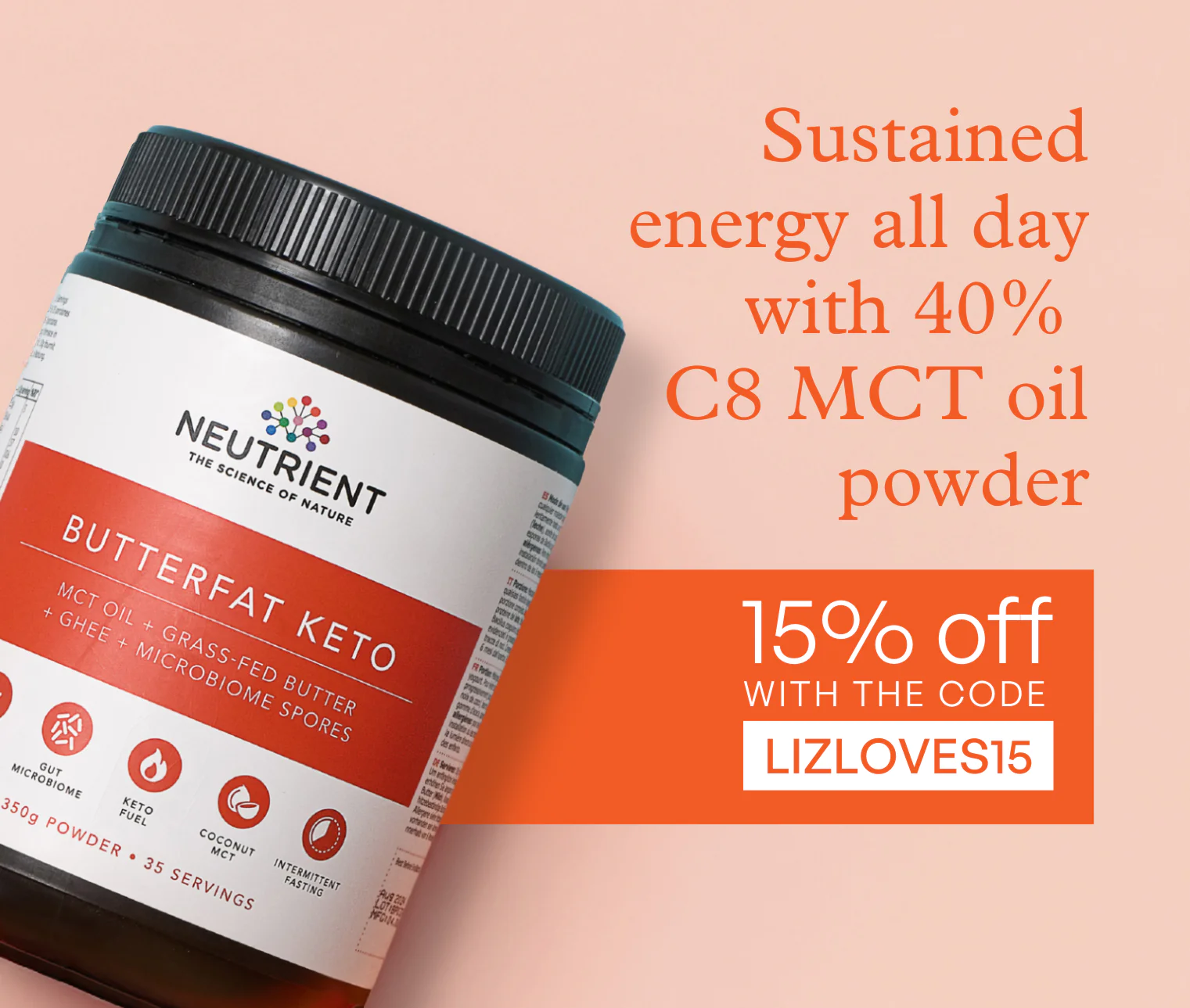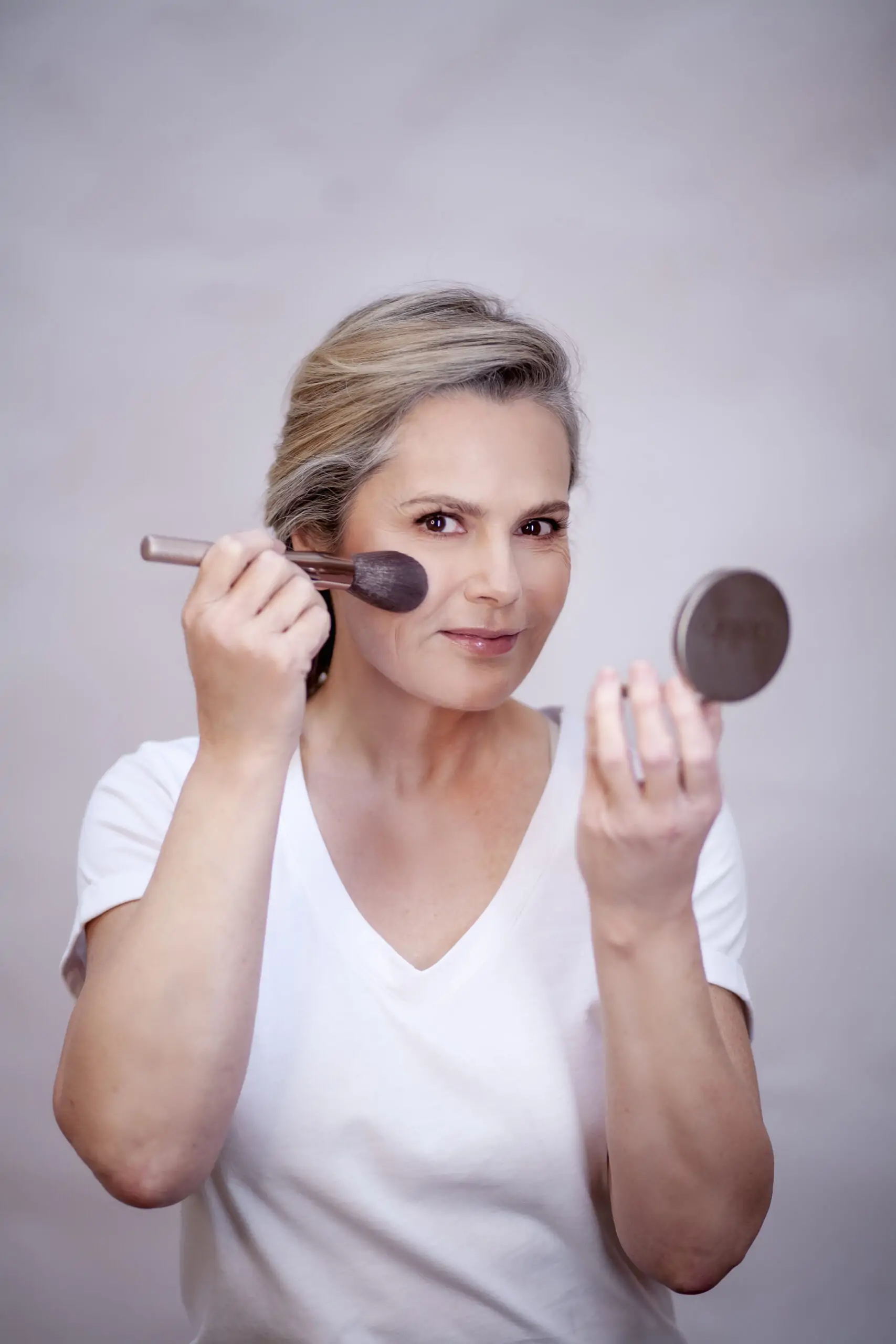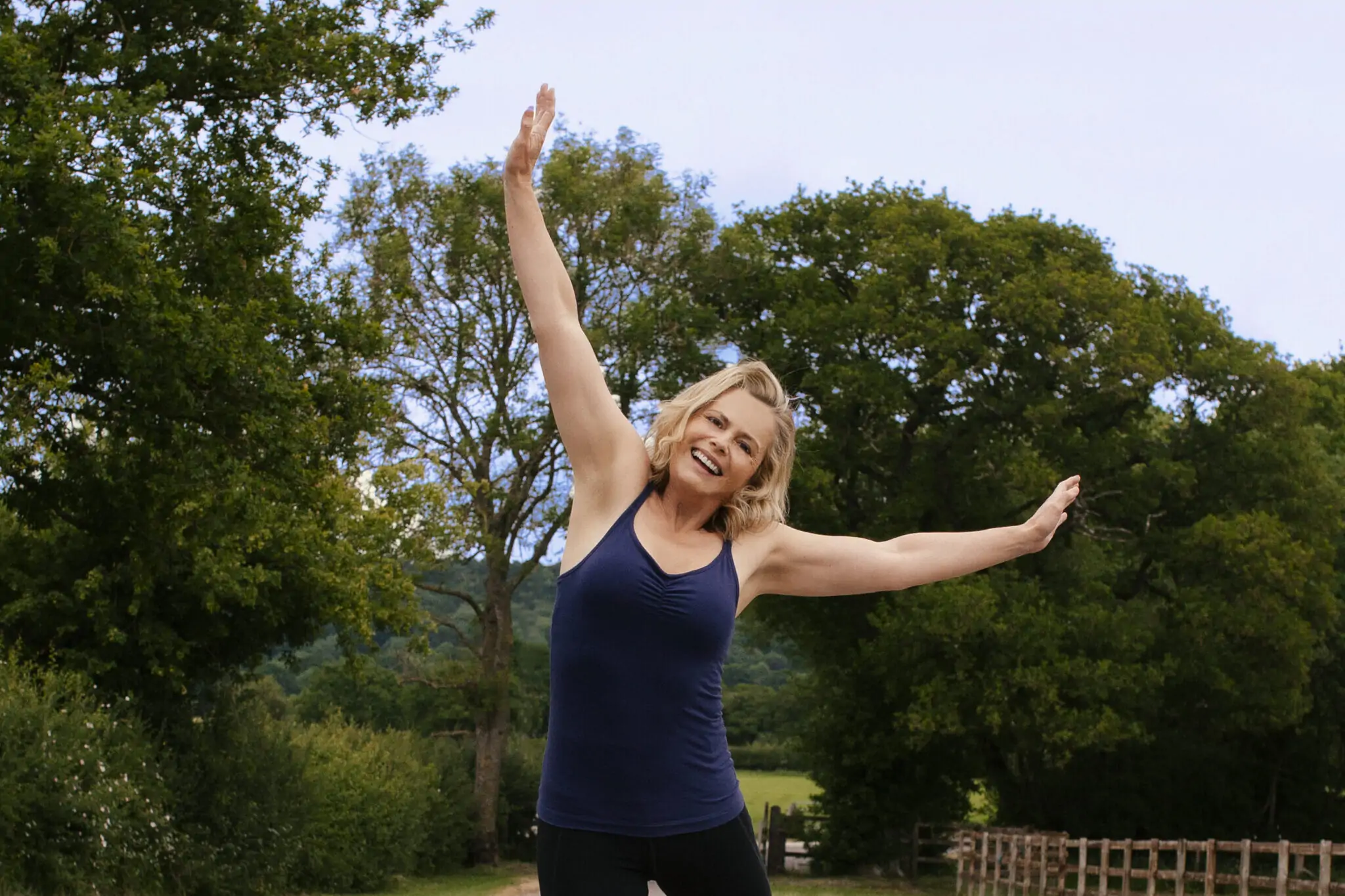The Menopause
8 of the best foods for better bone health in midlife
When we’re younger, bone health rarely gets a look-in – unless we’re unlucky enough to break one, and even then, we tend to assume they’ll just fix themselves. But fast-forward to midlife and bones start to behave a little differently. Enter the menopause and suddenly declining bone density is a hot topic.
But there is good news, says nutritionist, Holly Dunn, as some of the best bone-friendly allies are already in our kitchen. Here, she shares eight everyday ingredients that can help to keep our bones strong for the long haul.
8 of the best foods for better bone health
Greek yoghurt
Whether we’re dolloping it onto breakfast, whizzing it into a smoothie, or pairing it with fruit and nuts, Greek yoghurt is a standout source of calcium – essential for building and maintaining strong bones – and protein, which plays a key role in bone repair and renewal.
Holly explains that insulin-like growth factor-1 (IGF-1) is involved in bone growth and development. “While the exact mechanism is still being researched, some studies suggest that dairy consumption – including Greek yoghurt – may slightly increase IGF-1 levels,” she says.
Alongside calcium and protein, Greek yoghurt often contains other bone-beneficial nutrients like vitamin D (frequently added to dairy products) and probiotics, which may support gut health and calcium absorption.
When choosing a pot, Holly recommends looking for around 9g of protein per 100g – and don’t be afraid of a full-fat version. “The fat helps absorb vital fat-soluble vitamins that support bone health, including vitamins D, K2 and A,” she adds.
Tinned sardines
They might not be the first thing that springs to mind when we think of bone health, but whole canned fish with soft, edible bones – like sardines – are a quietly brilliant source of calcium, the major mineral component of bone.
“One tin of sardines in olive oil, bones included, can provide around 70% of the adult RNI for calcium in the UK,” says Holly. “They’re also a rich source of protein, delivering all the essential amino acids needed for bone building.”
And while few foods naturally offer much vitamin D, sardines – and other oily fish – make the shortlist. “Vitamin D plays a crucial role in helping the body absorb calcium,” Holly explains.
Bonus points: they’re budget-friendly, shelf-stable, and endlessly versatile. Holly’s go-to? “Try them on toasted sourdough with a hint of garlic and a generous grind of black pepper.”
Give things a boost: BetterYou Vitamin D3 + K2 Oral Spray
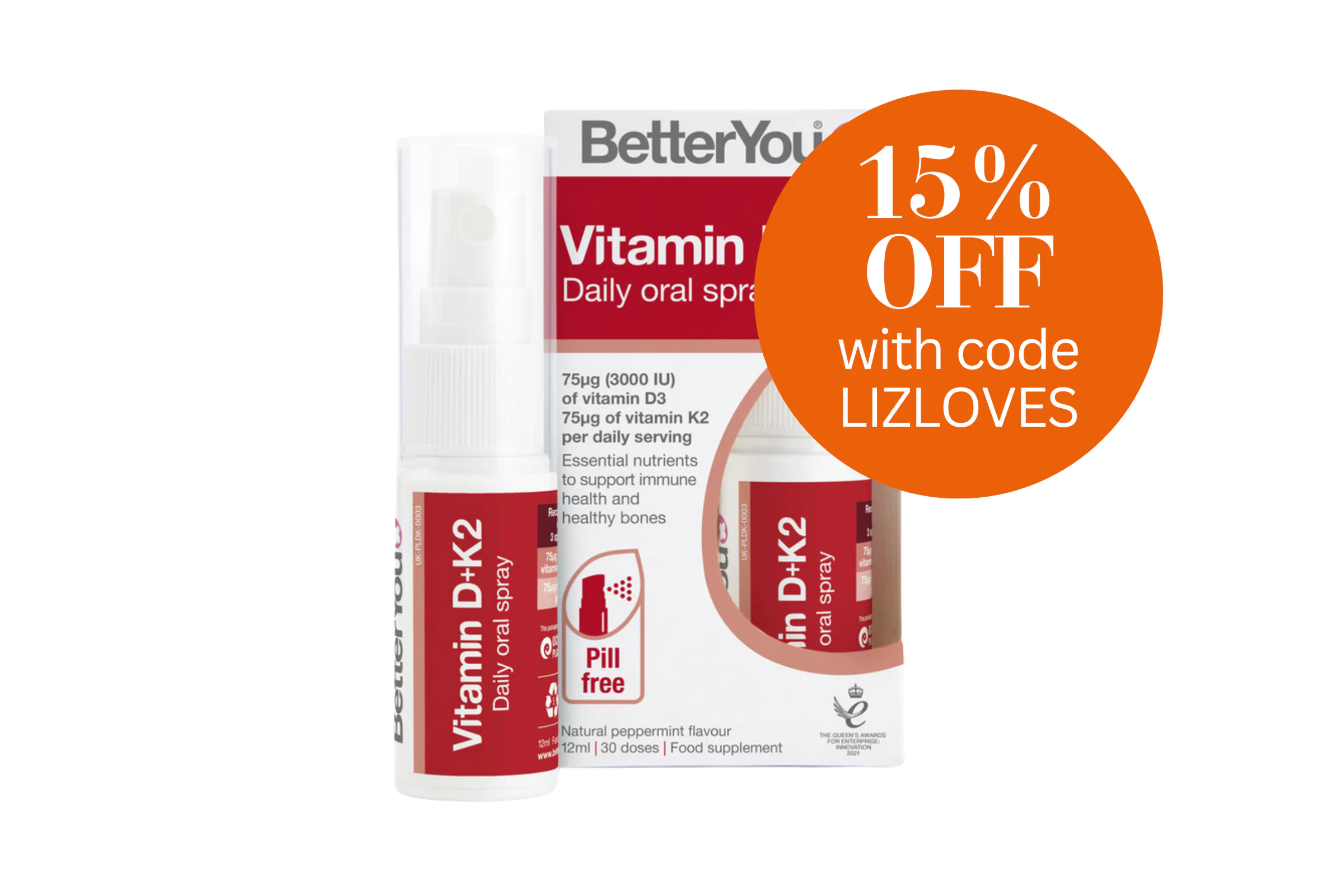
Liz loves to top up her vitamin D levels with BetterYou’s convenient oral spray. Formulated with K2, it helps to support bones, as well as the immune system. Save 15% with the code LIZLOVES.
Leeks
The humble leek might look unassuming but according to Holly, they are one of the richest natural sources of inulin and fructo-oligosaccharides (FOS), two important types of prebiotic fibre. “Both inulin and FOS have been shown to increase calcium absorption in the gut and improve markers of bone health,” explains Holly.
But, Holly suggests starting slowly when introducing new prebiotic foods into your diet. “Leeks can induce more gas production than other foods, so introduce small portions before increasing.”
Broccoli
Think a pint of milk is your best bet for calcium? Think again. Dark leafy green veg — like broccoli — can give dairy a run for its money, with a 120g serving providing around 15% of our recommended intake.
“Green vegetables are also a great source of magnesium,” says Holly. “This mineral plays a crucial role in both bone formation and vitamin D metabolism.”
Holly’s top tip? Avoid boiling broccoli and other leafy greens to retain the mineral goodness. “Steaming, gently roasting or microwaving are better options,” she says.
Give things a boost: Wild Nutrition Magnesium
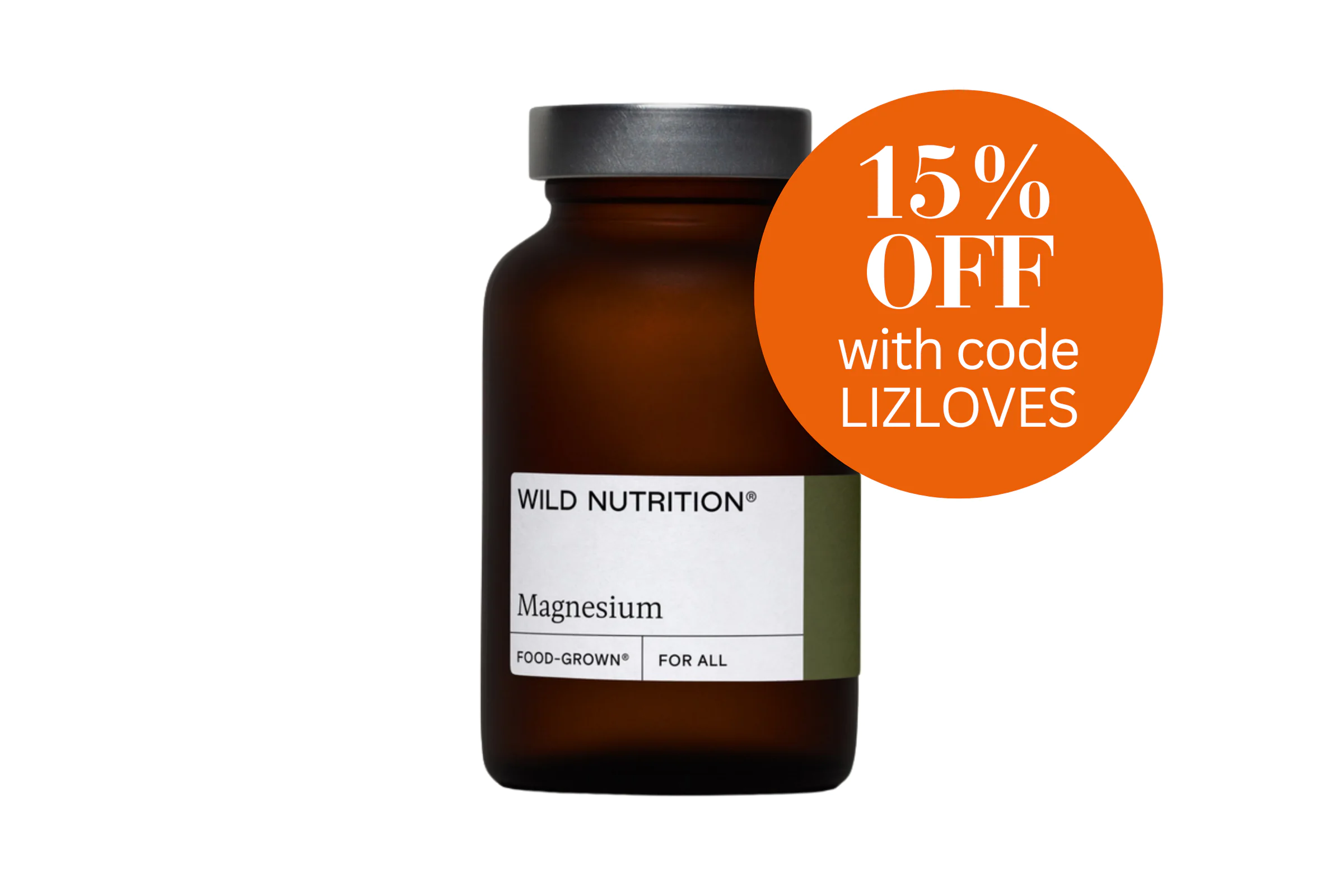
Wild Nutrition’s Food-Grown® Magnesium has been designed to enhance absorption, supporting bones and also aiding sleep. Use the code LIZLOVES at checkout for 15% off.
Tofu
Plant-based eaters will probably be familiar with tofu as a calcium hero — and it’s one worth spotlighting. For Holly, not only is tofu a good source of calcium, it’s also a complete, highly digestible protein, making it a smart and versatile fridge staple.
That said, calcium levels can vary depending on how it’s made. “Traditional tofu contains around 176mg of calcium per serving,” says Holly. “But good-quality tofu made with added calcium can offer as much as 350mg per serving — that’s roughly 30% of your recommended daily intake.”
Kiwis
Move over, oranges — kiwis are an underrated vitamin C powerhouse. According to Holly, vitamin C is essential for producing collagen, the protein that gives bones their structure, so kiwis pack a serious bone-health punch.
“As an antioxidant, vitamin C also helps neutralise free radicals, which could otherwise damage bone cells,” she adds.
Give things a boost: Altrient Vitamin C
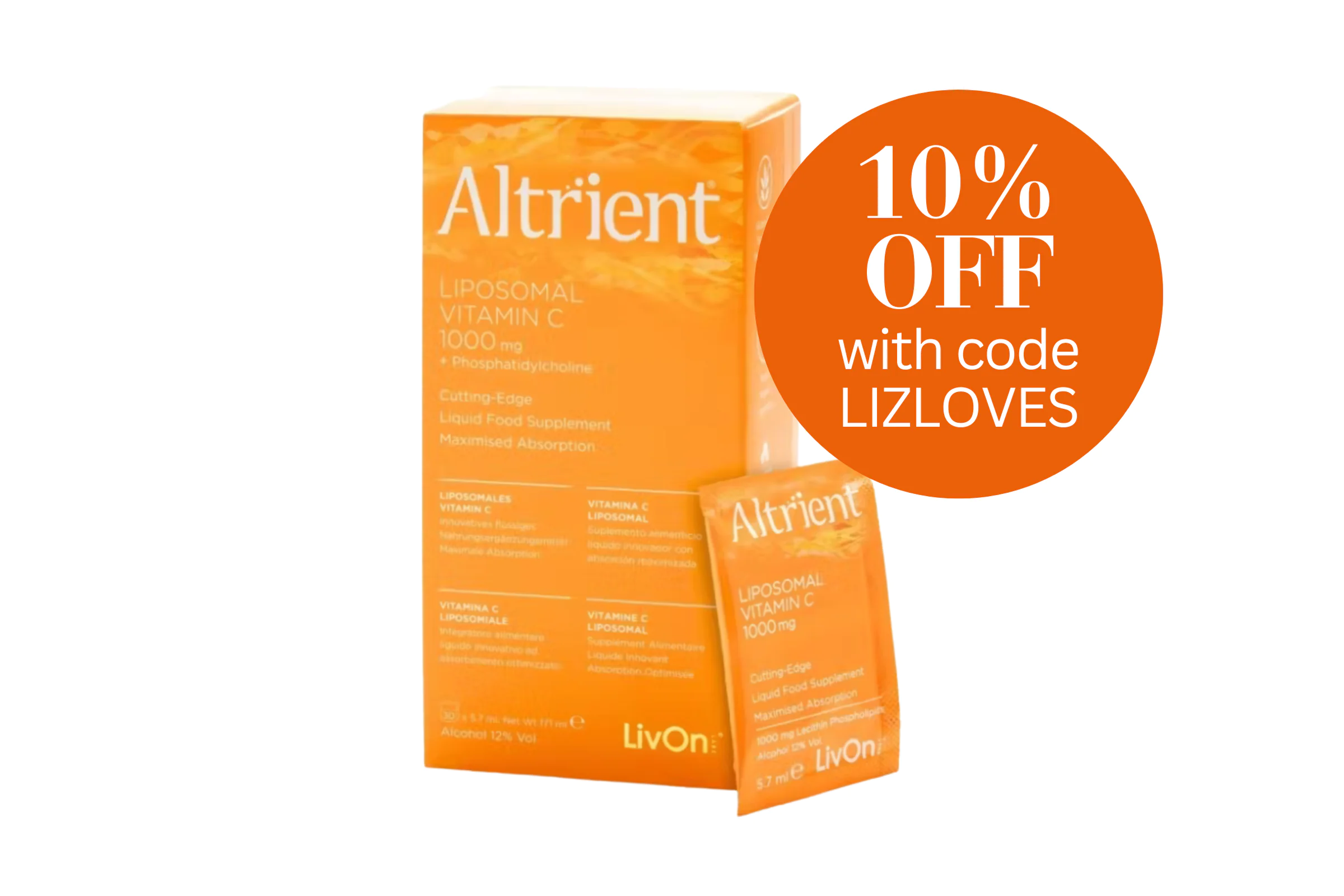
Simply add to water or stir in with yoghurt to easily top up vitamin C levels. Use the code LIZLOVES for 10% off.
Dark chocolate
Good news for chocolate lovers: our evening square of dark chocolate might be doing more than just satisfying a sweet tooth. Holly explains that cocoa, cacao and dark chocolate are all good sources of copper, which — alongside vitamin C — helps form collagen, a key component of bone structure.
Cocoa also brings a generous helping of magnesium and trace minerals like manganese. “Manganese plays a vital role in bone health,” says Holly. “It acts as a co-factor for enzymes involved in bone mineralisation and may help reduce bone loss — especially in post-menopausal women.”
Goat’s milk
According to Holly, goat’s milk is a surprisingly rich source of calcium, plus it also contains other bone-friendly nutrients like vitamin A.
“Drinking goat’s milk has been shown to increase levels of a key biomarker linked to bone formation,” she says. “It may also reduce levels of parathyroid hormone, which can support healthy bone mineralisation and turnover.”
Another bonus? Goat’s milk is often easier to digest than cow’s milk, even for those with mild lactose intolerance — so it might be a gentler option for sensitive stomachs.
Words: Holly Treacy-West

